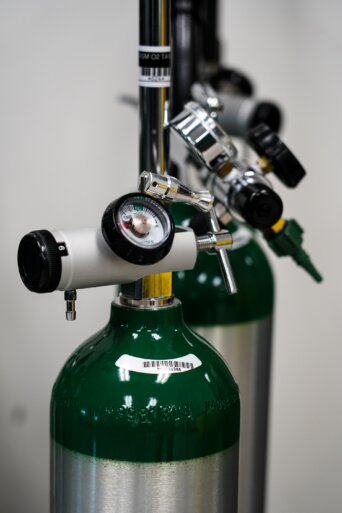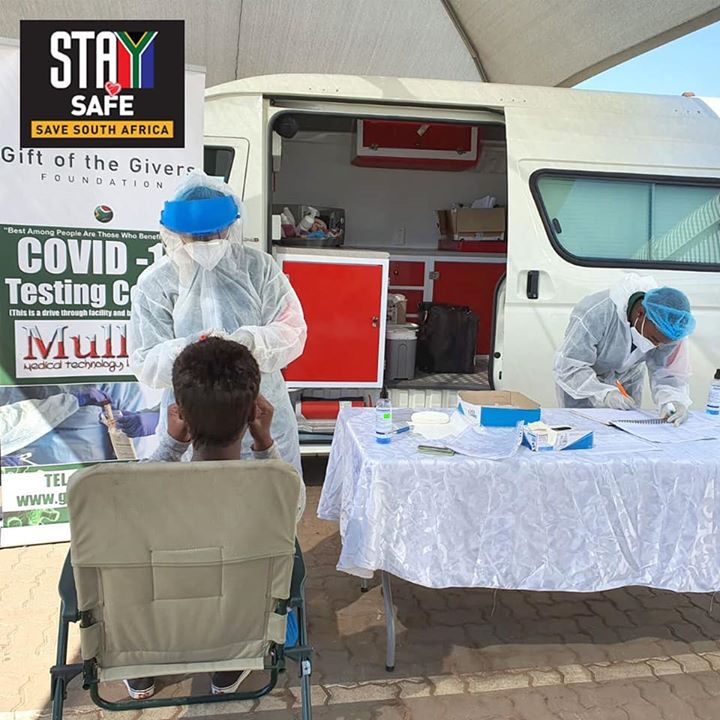- About
- Topics
- Story
- In-Depth
- Picks
- Opinion
- News
- Donate
- Signup for our newsletterOur Editors' Best Picks.Send
Read, Debate: Engage.
| topic: | Health and Sanitation |
|---|---|
| located: | Bosnia and Herzegovina |
| editor: | Katarina Panić |
In Bosnia and Herzegovina’s entity Republika Srpska, where hospitals are facing shortages in oxygen, the government, instead of solving the issue, has opted to simply expand regulation around acceptable oxygen standards.
After it was revealed that some hospitals use technical oxygen instead of medical oxygen, the health inspectors' control team confirmed that this gas is noxious to human health. The state Agency for Medicines and Medical Devices consequently ordered the hospitals to stop using industrial oxygen. However, Republika Srpska's National Assembly instead adopted the law by urgent procedure, allowing this entity to establish its own agency to regulate the usage of technical gas in hospitals.
"Due to the circumstances in which such a law is adopted and the establishment of a parallel Agency for Medicines and Medical Devices at the entity level, there are doubts not only about the validity of the adoption of this law at the Republika Srpska level but also that instead of determining responsibility in the oxygen affair adapts to the particular narrow interests of the governing structure," the non-profit Transparency International (TI) in Bosnia and Herzegovina stated.
TI warned that unauthorised distributors supply public health institutions with oxygen, and that it is therefore unacceptable that rather than eliminating irregularities and sanctioning those responsible, an attempt is made to legalise this practice, under the pretext that it is not possible to ensure an uninterrupted supply of health care institutions according to the existing regulations.
"However, instead of using the existing procurement mechanisms in urgent and emergency circumstances to solve the problem of oxygen distribution, the government is embarking on an adventure with the adoption of a new law with the urgent legislative procedure, for which the conditions are also not met," TI added.
The oxygen affair is only one in the whole range of similar scandals revealed during the pandemic in B&H: corruption over the public procurement of medical equipment, the importation of Chinese ventilators by a raspberry farm, vaccine storage malfunctions, only to mention a few salient examples.
It seems that Bosnia's highest rate of coronavirus deaths per capita in Europe is caused not only by the delayed start of mass inoculation and vaccination hesitancy, but by government mismanagement and misregulation.
Photo by Samuel Ramos

